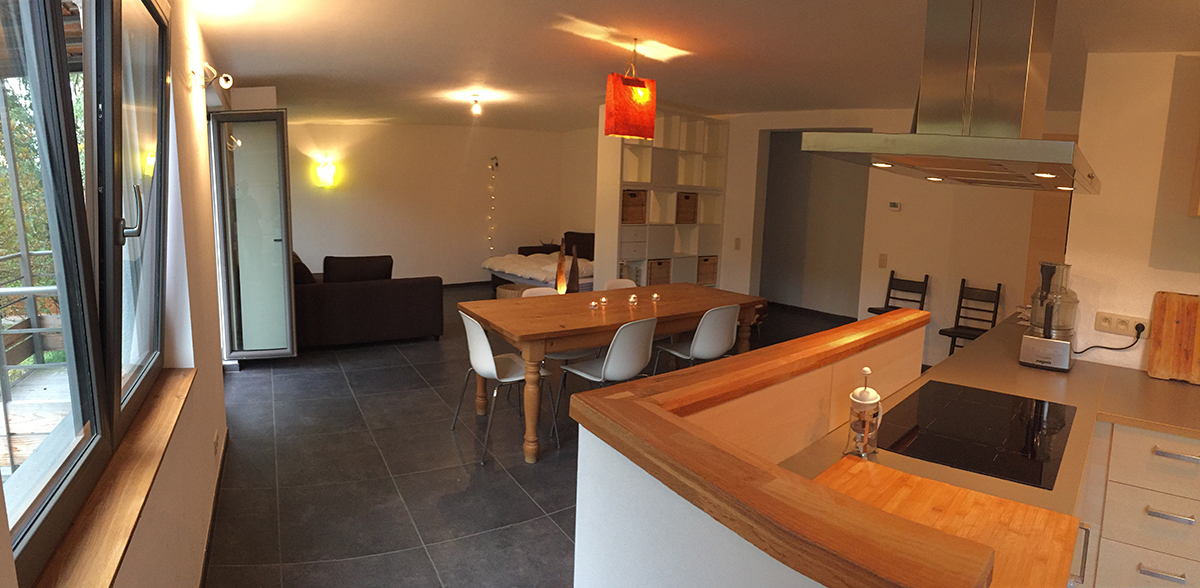recently i put my apartment on airbnb with the main idea to have a bit of pocket money to travel
so there i went : making a description, deciding about the price, making some nice pictures, buying some new bed linnen, etc etc… quite some work !!
this is the result
i was waiting for the first guest to book
and waw : only one day later i was a bit in a panic because a booking came in – never expected that so fast !
when a guest comes in – cleaning the house, preparing everything at the cosiest and cleanest possible – which took me more than 2 hours
during the entire cleaning before, during and after the stay – i was wondering what makes airbnb a so great experience
three things strike me the most
- it’s easy to get in and easy to set up
- airbnb takes care of the money – so you are hassle free with your guests and the money transfer is instant
- airbnb works completely on social surveillance with ratings and reviews and comments that make it really safe to accept guests – you cannot afford to rent out a filthy room and guest cannot afford to behave like animals because you want a good rating because good ratings means income
it s a real smart system – based on trust and confidence – i just love it
except that politicians are now walking in the trap of the ‘hotel lobby’ (got that ? 😉 ) – it s a real shame – airbnb is very wel regulated by guests and hosts – no room for excesses
i can agree with a simple tax system for people really living from airbnb rentals – which is not my case – but please keep it simple and not like what i found for belgium
in brief : when airbnb hosts have less than 25000€ rental income per year - no taxes are applied to the renting of the space itself, but only to the services like breakfast and cleaning - which are considered by default 20% of the rental so hosts have to pay actually 20% taxes on 50% of the 20%... you follow ? in reality 10% of your rental will go to the state as long as the sites where you advertise are 'recognised' by the state but once the 20% exceeds the sum of 5000€ per year (so more than 25000€ rental) - the income is considered 'professional' and the host will need to pay 34% of the entire rental to the state also above 25000€ rental revenu the host will need to get a vat number and will need to pay an additional 21% of vat to the state and we re not talking about local tourist taxes yet
it becomes all too complex : why not apply the T20 rule ? for everything you sell or rent out : pay 20% taxes – regardless how much you earn – it’s easy, it’s simple and it won’t hurt anyone…



